Oh No! All You Need to Know about Food Poisoning During Travel
We’ve all been there (if you haven’t, then you’re very lucky). It strikes when you least expect it – and if you’re traveling, it ruins your journey. Whether you’ve had food poisoning on holiday or at home, it’s unpleasant – to say the least. No need to regale with tales. We've been there. However, we absolutely LOVE to try new foods when we travel - this is an unpleasant (and hopefully rare) occurrence that can happen to anyone.
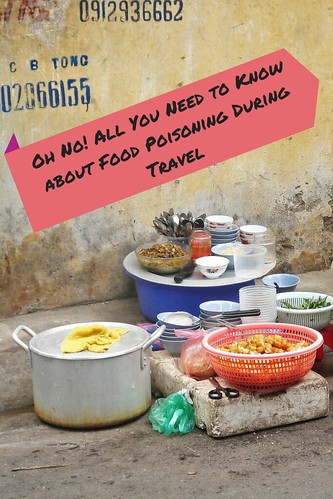
Traveler's diarrhea, Delhi belly, Montezuma's revenge, the Cairo two-step, wilderness diarrhea – it’s all the same – a set of symptoms arising from contact with bacteria or a virus.
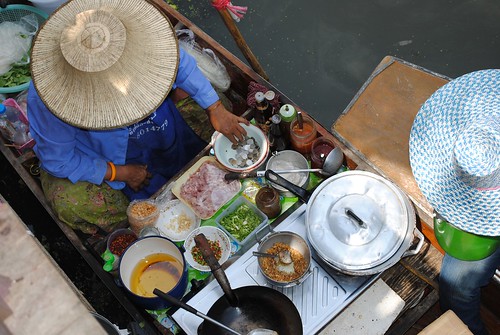
Some of the bacteria involved with food poisoning include Salmonella, Staphylococcus, Norovirus, Campylobacter, E. coli, Listeria, and Clostridium perfringens – although the list is much longer, these are the main culprits.
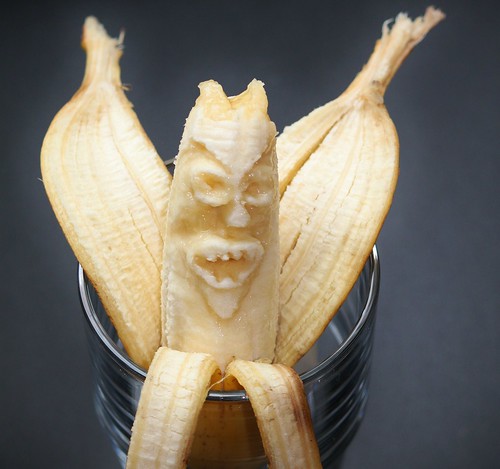
Some causes of food poisoning are very serious and can have a lifelong impact, including Ciguatera (fish poisoning), an incurable disease; cholera; giardia (which my brother had for years); and dysentery.
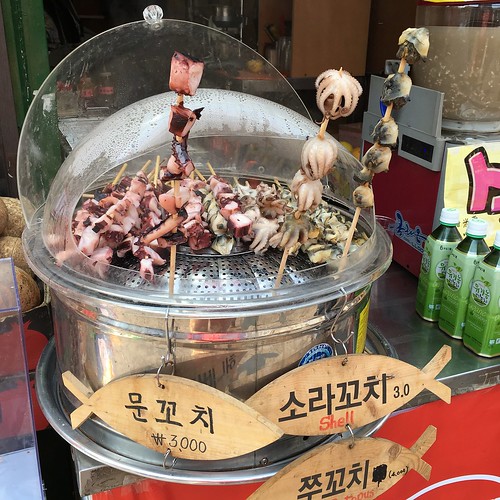
Food poisoning shows up as extreme gastrointestinal distress – with diarrhea, vomiting, fever, chills, headaches, cramps, and more – for 24 hours to several days. If you’ve had it, you know this: you just want time to pass so you can feel normal again (or, die on the bathroom floor, which seems entirely likely during the entire time you are sick).
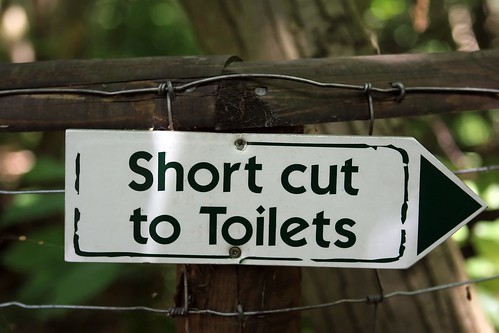
Here’s how to avoid food poisoning – and how to treat it, if necessary (sorry, friend).
Tips For Avoiding Food Poisoning
Water:
Drink sealed, bottled water.
No ice (it can be made from contaminated water).
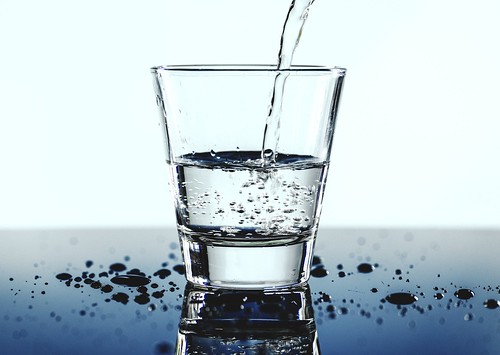
Street food:
Eat freshly made food, cooked in front of you.
Only go to clean, busy street food stands that have locals in line, too.
Purchase very hot (temperature) foods.
Avoid dairy in hot locales where refrigeration is iffy.
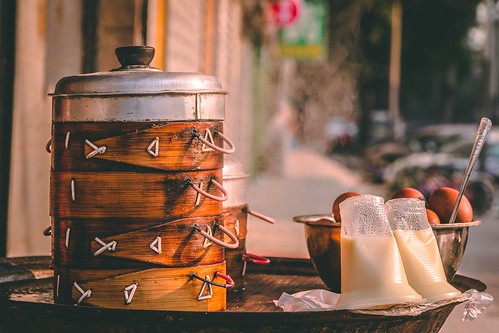
Buy food that can be peeled – and peel it yourself. Do this knife and gloves look clean?
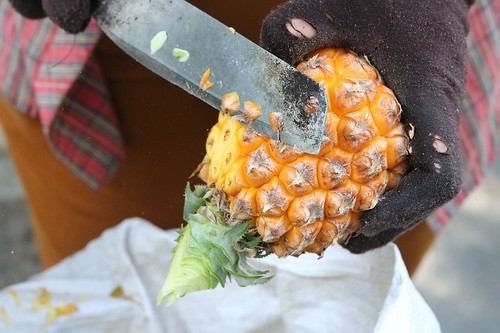
Hygiene:
Wash your hands well, with soap and water.
Don’t expect antibacterial hand sanitizer to do the job.
If there are birds around, avoid.
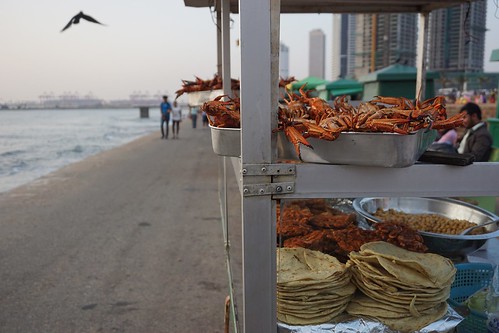
The first day of your travels:
If you’re unsure, eat small amounts of street food or from the buffet, supplemented by packaged food (sorry. This is definitely not exciting, but worth it in the end, if you need to ascertain food safety).
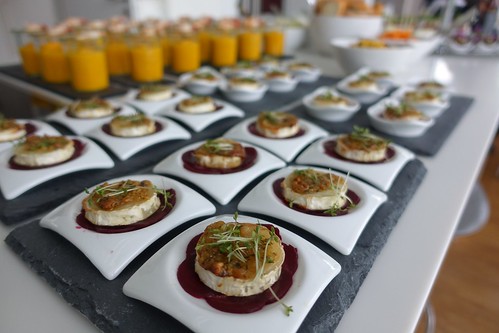
Even if it is cute, it might not be ok for you to eat.
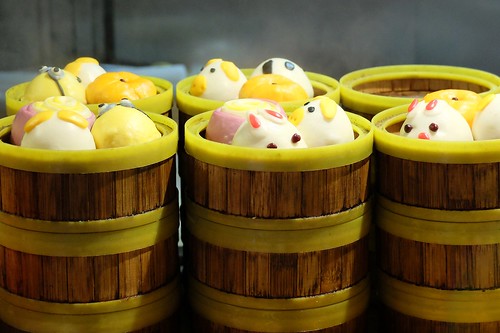
What to do if you have food poisoning:
Drink coke (this is a known stomach soother – it also has sugar in it, which will keep your energy up).
Hydrate (difficult, I know). We all know why, and the fleeting effect this will have, but do it anyway.
Medications - take anti-diarrheal medicine or Pepto-Bismol – just watch what you do, and don’t clog yourself up. You want this OUT of your body.
Notify your doctor, the hotel/cruise, and the local food authorities if severe.
If you are VERY sick, call your travel insurance and ask for help. They can locate the nearest/best place for treatment, arrange for payment for care, and connect with your own doctor to monitor the situation.
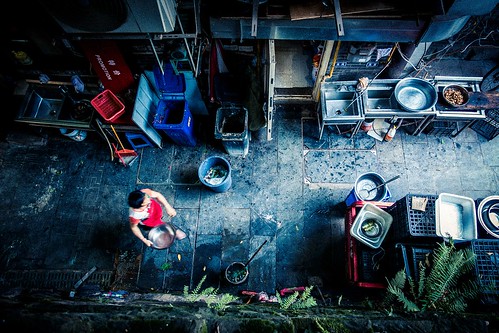
-

- Log in to post comments





















